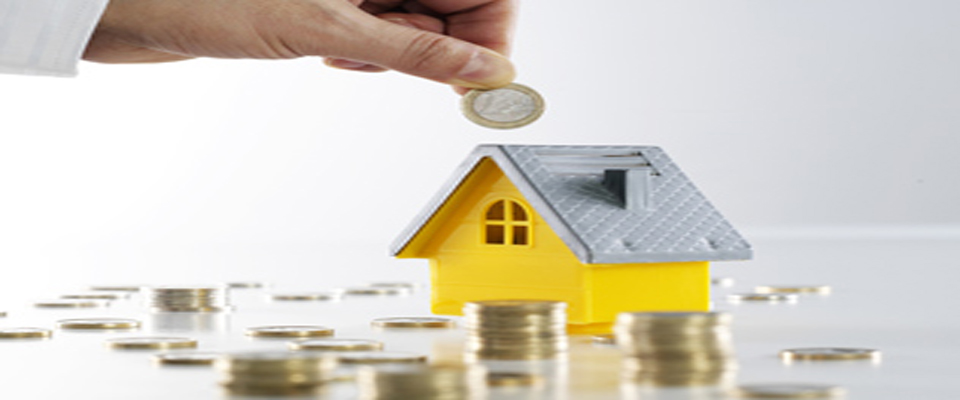Consumer sentiment has fallen to its lowest level in almost two years, according to a new survey by KBC Bank Ireland and the ESRI.
Sentiment fell slightly in December, adding to declines seen throughout the year. The falls reflected a mood of unease amongst consumers at the threat posed by Brexit and Donald Trump's presidency in the US.
The index slipped to 96.2 in December from 97.8 in November.
KBC said that while this was a relatively modest drop, some sense of how disappointing 2016 was in terms of the expectations of consumers is hinted at in a comparison with the December 2015 reading of 103.9.
The latest survey showed that almost 40% of consumers expect the economy to strengthen further in the coming year.
However, fewer consumers appear to feel as though that improvement will benefit them directly, with the report suggesting a growing mood that the economic recovery had over-promised and under-delivered in the past year.
The decline in sentiment was also broadly based.
Four of the five main elements of the index declined, with the exception of the jobs component, reflecting the most consistent aspect of the recovery that has halved the unemployment rate in five years to just over 7%.
"The December survey is not pointing to a dramatically poorer economic outlook but to a sense of detachment from extremely strong conventional economic metrics of recent years and concern about an increasingly uncertain future," commented the bank's chief economist Austin Hughes.
"The perception that the economic recovery to date has not been sufficiently inclusive and that the persistence of that recovery may be less certain in the year ahead means that the predominant mood captured by the consumer sentiment survey at present is a feeling of missing out", the economist added.
Commenting on the survey, the ESRI's Daniel Foley said that the combination of worsening expectations related to the state of the future economic environment and declining perceptions of current conditions makes it clear that consumers still remain significantly nervous of the current and future path of the economy.





